Interview with Iryna Vereshchuk, Vice Prime Minister and Minister for Reintegration of the Temporarily Occupied Territories of Ukraine, for the publication “Skhidnyi Variant”.
On November 4th last year, the Verkhovna Rada appointed Iryna Vereshchuk to the post of Minister for Reintegration of the Occupied Territories. Prior to that, the Ministry of Reintegration was headed by Oleksiy Reznikov, who has now become the Minister of Defense.
The society has many questions to the Ministry of Reintegration, and most of them concern the future: what will be the law on transitional justice, what will happen to the funding of housing programs for IDPs, what infrastructure facilities will appear in Luhansk and Donetsk regions, and whether they will appear at all.
Iryna Vereshchuk answered these questions in an interview with Skhidnyi Variant.
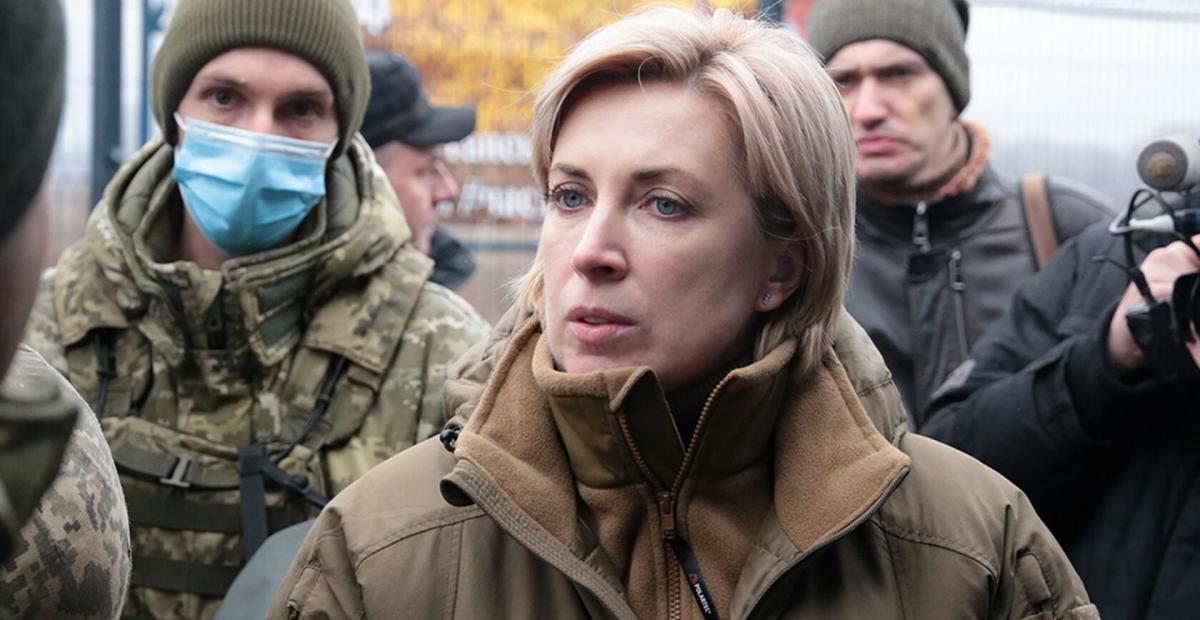
– Ms. Iryna, we regularly cover the work of the Ministry, collect the main problems of people from the occupied territories and internally displaced persons, and therefore we are primarily interested in what area of the Ministry’s work you consider to be the highest priority and the one that requires the most resources?
– There are four priority areas: first, humanitarian work; second, information policy; third, housing for internally displaced persons; and fourth, infrastructure projects in the territories adjacent to the temporarily occupied territories.
The most critical and resource-intensive area is housing for IDPs.
– What is your opinion of the draft law on transitional justice No. 5844? Does it require any changes, and if so, what changes?
– Of course, the draft law is important and necessary. The team (of the previous Minister – ed.) Oleksiy Reznikov did a good job of drafting this law. However, the Parliament is unlikely to vote for this law in its current version. The draft law also received a number of comments and recommendations from the Venice Commission of the Council of Europe.
These include, for example, liability for criminal offenses committed due to the occupation. There are also more fundamental comments on the reflection of the special constitutional status of the Autonomous Republic of Crimea and Sevastopol. That is, the law is not yet ready for adoption. We will continue to finalize it.
– In an interview with our media, Dmytro Lubinets, chairman of the Verkhovna Rada Committee on Human Rights, De-occupation and Reintegration of the Temporarily Occupied Territories, said that he estimated that the parliament could pass the draft law on transitional justice by the end of 2022. How important is the absence of an effective law for the Ministry? Does it slow down certain processes of the Ministry’s work?
– The ideology of transitional justice is to restore justice. Without justice, it is impossible to establish sustainable peace. Punishment for crimes and compensation for damages is one of the prerequisites for true peace. The recently established Ukrainian National Center for Peacebuilding is, in fact, designed, among other things, to record violations of rights and damages related to Russian aggression.
At the same time, I am convinced that the absence of a law on the transitional period does not particularly complicate the work of the Ministry of Reintegration. We have a lot of work that can and should be done regardless the adoption of the law on the transitional period.
There are elements of reintegration that can be implemented only after de-occupation. However, there is also reintegration work that should be done before de-occupation, that is, right now. The humanitarian and informational component, convalidation (the procedure for recognizing the acts of the occupation authorities – ed.), communication with children and youth; all this should begin immediately, as it brings de-occupation closer and facilitates subsequent reintegration.
– In your opinion, why does Ukraine need this draft law on the transition period? And in general, what will the transition period mean for people who now live in the occupied territories?
– We have to “sew” the country together, return and integrate the occupied territories. And to do this, we need to restore justice. The law on transitional justice is aimed not only at punishing criminals, but also at protecting the rights and interests of residents of the temporarily occupied territories.
Transitional justice is about restoring the legal framework of Ukraine in the temporarily occupied territories. For our citizens in the TOT who have no blood on their hands, transitional justice will not create any problems.
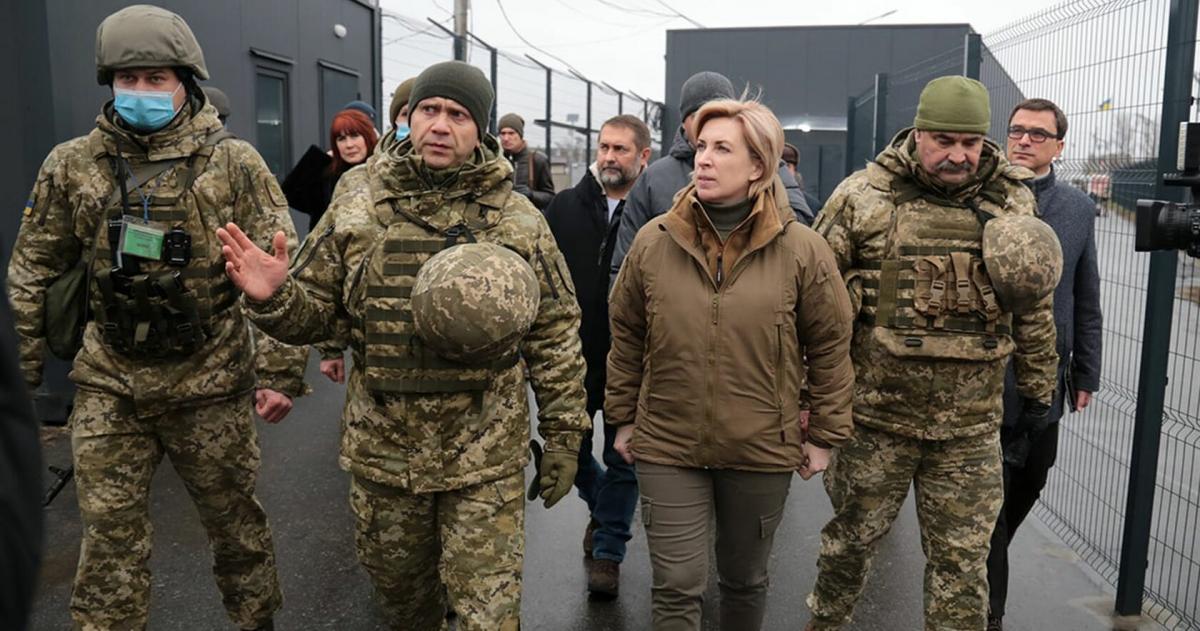
– Let’s model the situation: what will Ukraine do after the de-occupation of the occupied territories?
– Much will depend on the current situation in the temporarily occupied territories at the time of de-occupation. The government has a number of relevant strategies and action plans. For example, the State Targeted Program for Restoration and Peacebuilding in the Eastern Regions of Ukraine, or the Economic Development Strategy for Donetsk and Luhansk Regions until 2030. I am sure that by the time of de-occupation, we will have developed many more specialized laws, strategies and action plans.
After de-occupation, we must not only reintegrate Crimea and part of Donbas, but also establish a sustainable peace that will make it impossible to repeat the occupation forever.
– What other legislative initiatives do you think Ukraine needs regarding the occupied territories?
– We should keep the focus on young people, encourage them to move to the government-controlled territory to study, work, and start families. That is why I will advocate for the relevant legislative initiatives.
– As you know, the situation with Covid-19 is currently difficult in the occupied territory. The occupation authorities have effectively deprived people of the opportunity to be vaccinated with a certified vaccine and made it as difficult as possible to leave the occupied territory. One of the possible forms of Ukraine’s intervention in this situation may be to engage the international community and initiate sanctions against Russia. Is there a similar dialog with international partners at the ministry level? And how else, in your opinion, can the Ministry of Reintegration influence this situation?
– Yes, the occupiers have deprived people of the opportunity to be vaccinated with internationally recognized vaccines. Our response to this is the next.
Firstly, we conduct information work among the residents of the temporarily occupied territories, urging them to get vaccinated with internationally recognized vaccines in the government-controlled territory.
Secondly, we are setting up vaccination points directly at or near the checkpoints.
Regarding sanctions, the Ministry of Reintegration has a separate unit that develops relevant materials. We are in a constant and active dialogue with our international partners at the level of embassies and representative offices of international organizations.
– At the end of last year, Ukrainian intelligence reported that Russian troops were gathering near the Ukrainian border and threatened to attack Ukraine again. How do you estimate the likelihood of such a scenario and do such situations affect the implementation of Ukraine’s reintegration policy?
– This is not the first and probably not the last escalation. After all, we are in an armed conflict with Russia. The possibility of escalation has never disappeared.
If you mean a large-scale offensive, we have to be prepared for any scenario. Personally, I don’t really believe in a large-scale attack by Russia – the price would be too high for them.
The Ministry of Reintegration will fulfill its tasks regardless of Russia’s actions. And in the face of escalation, we should remain calm and do our job. Because we are talking about our citizens.
– Obviously, it is difficult to talk about the reintegration of the occupied territories in the context of checkpoints blocked by pro-Russian militants. If the situation does not change and the occupation authorities continue to use the pandemic to block the checkpoints, what mechanisms do you see to deal with this? How can we ensure a high-quality admission campaign in 2022 and the departure from the occupation of those who want to leave?
– We are using all possible levers to unblock the movement of people: high diplomacy, international partners, humanitarian organizations. Everyone sees, especially the residents of the temporarily occupied territories, that the checkpoints are blocked by the occupation administrations.
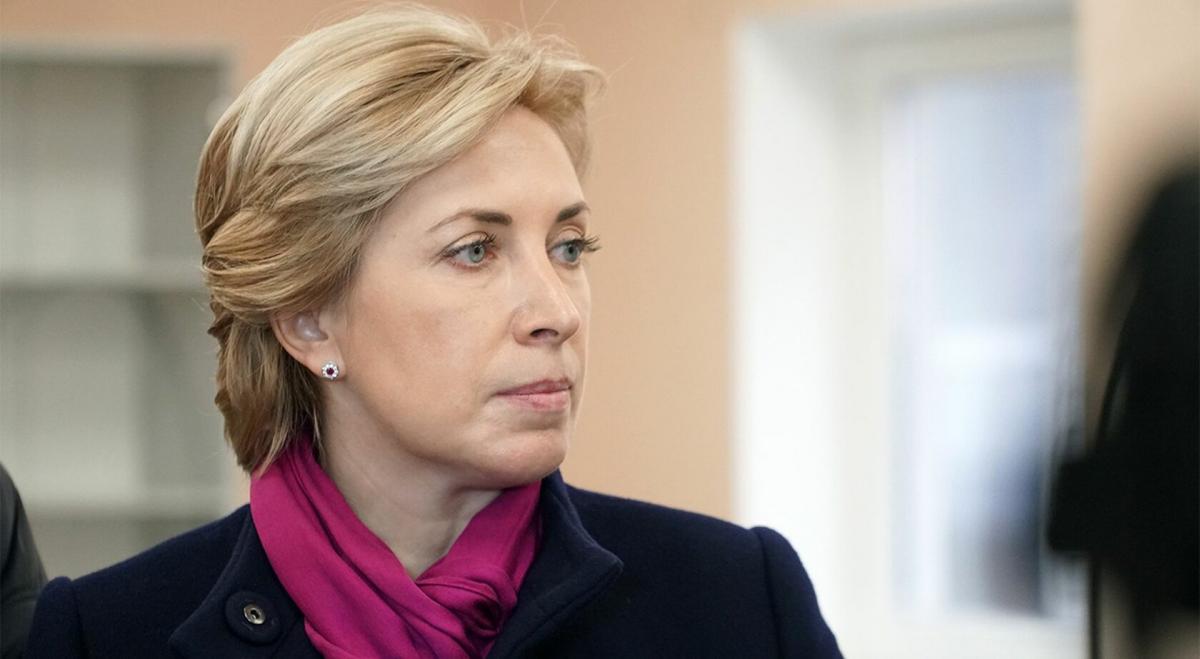
– Despite the clear position of the parliament and the relevant committee of the Verkhovna Rada, the State Border Guard Service continues to fine people who travel to the government-controlled territory from the occupied areas of Donetsk and Luhansk regions (ORDLO) by crossing the border with the Russian Federation. What is the Ministry’s position on this? And do you, as a minister, plan to intervene in the situation and perhaps initiate a meeting with the leadership of the State Border Guard Service?
– I am keeping this issue under control. I think it is wrong that our citizens are forced to travel a long distance to arrive in Ukraine and be fined because of the illegal actions of the occupiers.
There are already certain developments on a draft law that will allow border guards to legally not impose administrative fines on people traveling from the ORDLO to Ukraine through the territory of the Russian Federation.
Work is also underway to amend bylaws in order to detail the procedure for crossing operations.
– IDPs in the government-controlled areas cite the lack of funding for housing programs that would allow them to purchase housing on preferential terms as one of the main problems. How do you see this situation being resolved? What plans does the Ministry have to provide housing for IDPs this year?
– We are constantly working on this issue and have made positive progress. This year should be the year of providing housing for internally displaced persons. The Cabinet of Ministers has initiated the allocation of additional UAH 13 million for this year. The Government has also approved an additional subvention for local budgets in the amount of UAH 283 million to improve housing conditions for veterans – internally displaced persons who were injured and disabled while defending the state.
Negotiations with the German Government are ongoing to finance preferential mortgage loans, which will provide housing for at least 680 families by the end of 2022.
Unfortunately, today only 12% of IDPs have their own housing, while the rest need to improve their living conditions. These are hundreds of thousands of people. Therefore, we are talking about a comprehensive program for which resources should be found.
Thus, the budget has reserved 20 billion hryvnias for the Ministry of Economy to create affordable mortgage instruments for IDPs among civil servants, teachers, doctors, etc.
This should facilitate the inflow of qualified personnel to the region. We are still working on the implementation mechanism for this concept. Let me remind you that more than UAH 5 billion has been allocated to the Ministry of Veterans Affairs for housing for the internally displaced veterans.
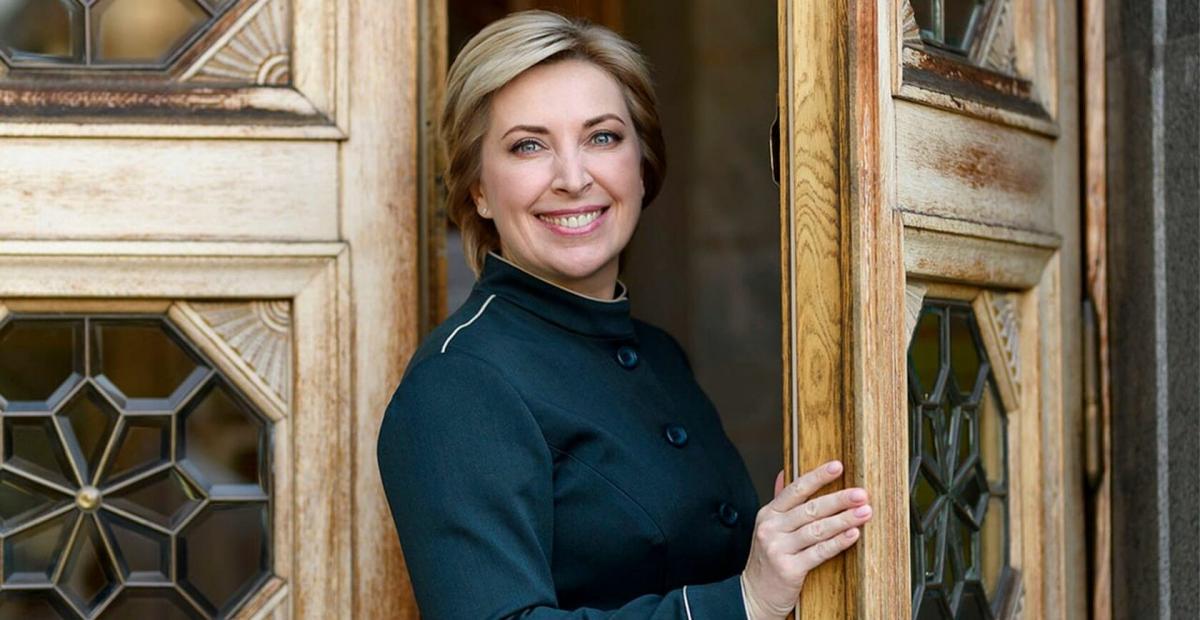
– IDPs in the government-controlled areas point to the lack of funding for housing programs that would allow them to purchase housing on preferential terms as one of the main problems. How do you see this situation being resolved? What plans does the Ministry have to provide housing for IDPs this year?
– Yes, of course, the state budget provides funding for housing programs for internally displaced persons.
In particular, UAH 113.6 million of state budget subventions to local budgets are planned for this year under the 70/30 program, where 30% is financed from the local and 70% from the state budget. These funds will be used to replenish the temporary housing stock for internally displaced persons by 342 properties. This is more than 1000 people. The funds will be allocated to 94 communities, with the largest share going to communities in the government-controlled areas of Donetsk and Luhansk regions.
We are also counting on help from the governments of our partner countries, Germany, Canada, the United States and the United Kingdom, to solve the housing problem. For example, we are negotiating with Turkey to build 500 apartments for Crimean Tatars and ATO/JFO participants from among the internally displaced persons.
We have quite ambitious plans in this direction. Of course, despite the limited financial resources of the state, we still expect to speed up the solution of the housing issue as much as possible. This is our priority.
– Back in May 2021, the Parliament adopted the Law on War Crimes. According to experts, this law is in high demand by society, as it can at least partially address the need for justice, which is quite a logical step for a country that has been at war for 8 years. However, the President has not yet signed this law. What do you think this may be due to, and is this document really necessary?
– When I was still an MP, I voted for this law, despite some of its shortcomings, which apparently became a stumbling block. In particular, there were fears that this law could be used in a certain way against the defenders of Ukraine, whose legal status had not yet been regulated.
I believe that this law is needed, but after the necessary revision.
– How do you estimate the work of your predecessor, Oleksiy Reznikov, as Minister for Reintegration of the Temporarily Occupied Territories?
– Oleksiy Reznikov did a lot for the Ministry. We are one team.
He launched many urgent initiatives that we are now continuing. In particular, Oleksiy Reznikov did a lot in terms of developing specialized draft laws and strategies.
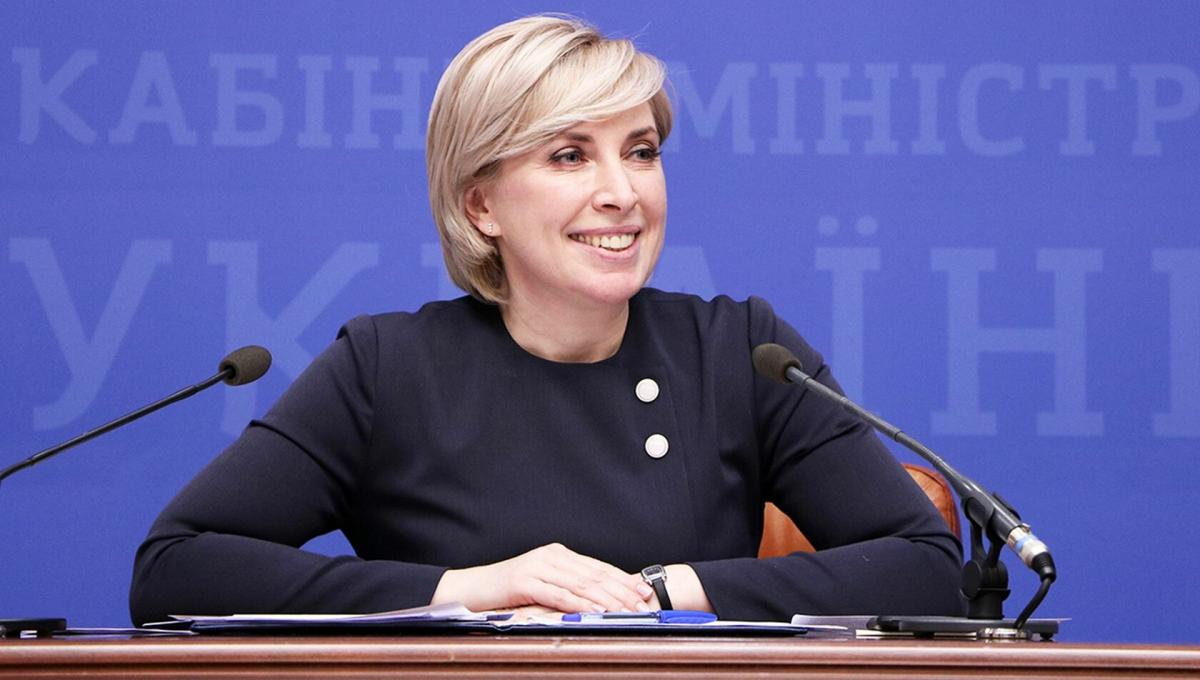
– Skhidnyi Variant has introduced a new format for eastern Ukraine called “solutions journalism,” which aims to find useful and effective solutions for the region. Tell us, what do you see as useful solutions for Donbas in the context of reintegration? And how should they work?
– Firstly, much can be done to improve the regulatory environment. That is, simply changing the rules to make it easier and more comfortable for citizens. Here, we need to know the realities “in the field” and listen to people. For example, the Government has recently cancelled the mandatory installation of the Vdoma app when crossing the checkpoints. This is a concrete small step that has made people’s lives easier. I believe in “reintegration now” and the strategy of “many small steps”.
Secondly, the state must create conditions for the priority economic development of the region. That is, we are talking about certain direct and indirect benefits that will promote investment and job creation here.
Accelerated development in a new economic paradigm is the basis for the long-term reintegration of Donetsk and Luhansk regions. We are currently working on the first package of draft laws on this topic.
Third, infrastructure projects funded by international donors. For example: The Water of Donbas project, a new railway line in Luhansk region, housing for internally displaced persons. The role of the Ministry is to mobilize and channel the maximum possible amount of international financial resources into infrastructure investments.
So, my vision is to invest as much as possible in infrastructure, create more jobs, and remove various regulatory obstacles to make people’s lives easier here and now.
– People from the occupied territories read our publication, so to conclude the interview, what would you like to say on behalf of your ministry to people living in the occupied territories? What are the main messages you would like to convey to them?
– My message to them: Your land is Ukraine. Your state is Ukraine! We will be together!

